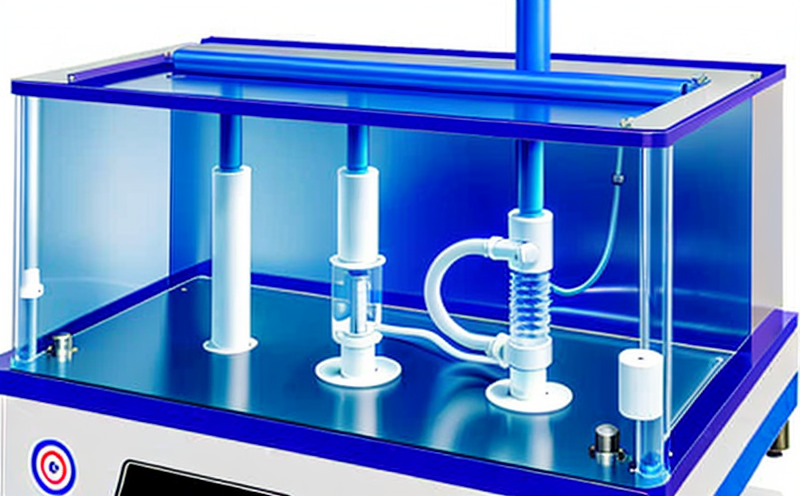Fluid flow testing for medical devices used in cardiovascular applications
Unlocking Reliable Medical Devices The Importance of Fluid Flow Testing for Cardiovascular Applications
In the medical device industry, particularly in cardiovascular applications, ensuring the reliability and efficacy of products is paramount. One critical aspect of this endeavor is fluid flow testing, a laboratory service provided by Eurolab that plays a vital role in validating the performance and safety of medical devices used in heart and blood vessel treatment.
What is Fluid Flow Testing for Medical Devices Used in Cardiovascular Applications?
Fluid flow testing involves assessing the behavior of fluids as they move through medical devices designed for cardiovascular applications. These devices, such as stents, valves, and catheters, are used to diagnose or treat a range of cardiovascular conditions. The testing process evaluates various parameters, including flow rates, pressures, and shear stresses on biological tissues.
Why is Fluid Flow Testing Crucial for Businesses?
In todays competitive medical device market, manufacturers must adhere to strict regulatory standards while ensuring the quality and performance of their products. Here are the key advantages of using fluid flow testing for medical devices used in cardiovascular applications
Advantages of Fluid Flow Testing
Improved product reliability By simulating real-world conditions, fluid flow testing helps identify potential issues before products reach patients, reducing the risk of recalls and associated costs.
Enhanced patient safety Accurate predictions of device performance and interactions with biological tissues ensure that patients receive effective treatment while minimizing the risk of adverse reactions or complications.
Compliance with regulatory requirements Fluid flow testing supports compliance with industry standards and regulations, such as those outlined by the US Food and Drug Administration (FDA) and European Medicines Agency (EMA).
Reduced development time and costs By identifying potential issues early on, manufacturers can streamline their development processes, saving time and resources.
Increased competitiveness Manufacturers that prioritize fluid flow testing demonstrate a commitment to quality and safety, setting them apart from competitors in the market.
Key Benefits of Fluid Flow Testing for Medical Devices
Validation of device performance Accurate assessment of fluid flow properties and behavior helps manufacturers ensure their products meet or exceed regulatory requirements.
Risk analysis and mitigation Identifying potential risks and taking proactive measures reduces the likelihood of product recalls, lawsuits, and negative publicity.
Improved product design By understanding the intricacies of fluid flow behavior, manufacturers can refine their designs to optimize performance and minimize adverse effects on biological tissues.
Enhanced collaboration with regulatory agencies Manufacturers that invest in fluid flow testing demonstrate a commitment to compliance and cooperation, facilitating smoother interactions with regulatory bodies.
QA Fluid Flow Testing for Medical Devices Used in Cardiovascular Applications
Q1 What is the primary goal of fluid flow testing?
A1 The primary objective of fluid flow testing is to validate the performance and safety of medical devices used in cardiovascular applications by simulating real-world conditions.
Q2 How does fluid flow testing support compliance with regulatory requirements?
A2 Fluid flow testing helps manufacturers ensure their products meet industry standards and regulations, such as those outlined by the FDA and EMA.
Q3 Can fluid flow testing identify potential issues before products reach patients?
A3 Yes, fluid flow testing can simulate real-world conditions to predict device performance and interactions with biological tissues, allowing for proactive issue resolution.
Conclusion
In conclusion, fluid flow testing is an essential laboratory service provided by Eurolab that plays a critical role in validating the performance and safety of medical devices used in cardiovascular applications. By leveraging the benefits of fluid flow testing, manufacturers can improve product reliability, enhance patient safety, reduce development time and costs, increase competitiveness, and support compliance with regulatory requirements.




